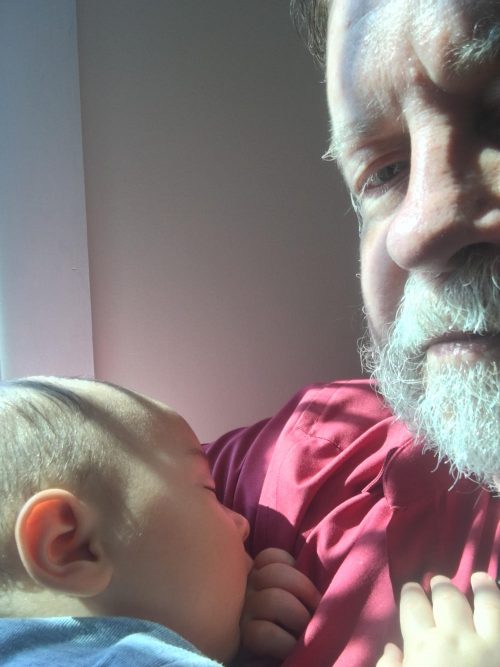I guess there are some lines you don’t get to cross. ABC went ahead and gave Roseanne Barr her own show, in spite of a history of terrible Trumpisms and lunatic conspiracy theories — they must have known she was a bomb ticking on the set. But she finally went too far when she made racist comments comparing a former Obama official to an ape, and ABC gave up on dealing with her and cancelled the show. I feel for her co-workers (and especially Wanda Sykes, who quit first), but this is what happens when you agree to work with a terrible human being.
It’s too bad ABC didn’t factor in the repugnance of their star. I think this will mean that Roseanne will be persona non grata almost everywhere…but maybe she can still get a gig at Fox News.






